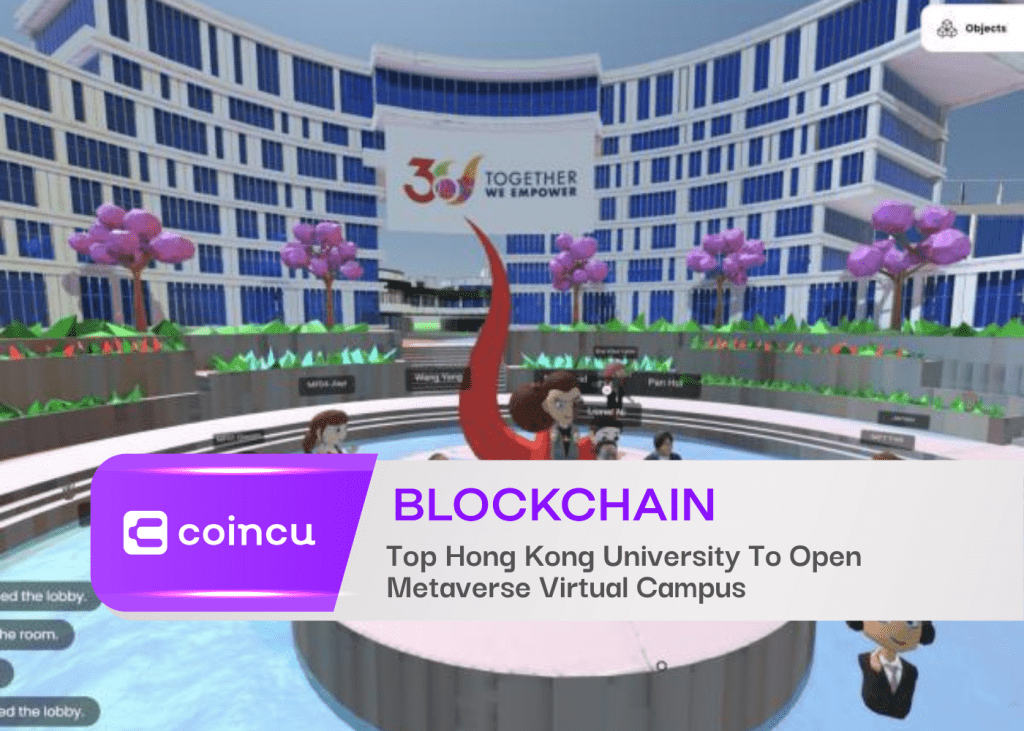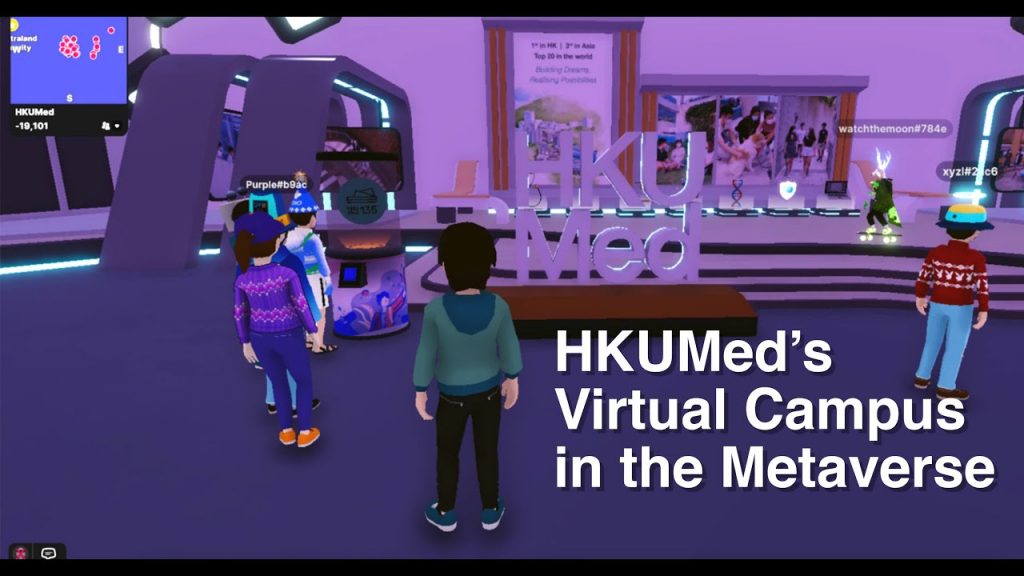Metaverse – Following the announcement by the institution that it is creating digital replicas of its two campuses, students at the Hong Kong University of Science and Technology will soon be able to attend classes and communicate with classmates in the metaverse.
The campuses will be a part of the MetaHKUST project, which is being led by two academics at the university: Wang Yang, project lead for MetaHKUST, and Pan Hui, director of the Center for Metaverse and Computational Creativity.
Laying out the roadmap at a news conference on Thursday, the university explained that the project aims to ultimately consolidate all physical and virtual experiences at the university under one roof — think students wearing VR headsets in lectures showing them data and information superimposed on real objects, or being able to join classroom lectures in different campuses.
XR classrooms, sensors, cameras, and visualization tools will all be installed in the initial stage’s physical infrastructure. In order to gather the photographs and create metaverse replicas, the institution will scan the actual campuses. HKUST has two: one in Hong Kong and one in Guangzhou, a city in southern China, which is around 100 miles away.
Later, faculty members and students will be able to create their own avatars, NFTs, tokens, and works of art for usage in the metaverse. Additionally, they will be able to get their transcripts and certificates as NFTs.
The institution will also be investing in augmented reality (AR) technology, which Hui described as primarily single-user and now posing substantial time and location constraints.
“What we are striving to achieve here is the scaling up of technology to handle large-sized environments and massive multi-user experiences, which not only represents a primary challenge of our physical-digital vision, but also a key factor that differentiates MetaHKUST from other campuses’ metaverse initiatives,” he said.
However, the project also aims to improve connectivity between the two campuses. Due to Covid, travel between China and Hong Kong is still severely constrained. Students will be able to participate in lectures and events taking place on both campuses thanks to MetaHKUST’s initiatives. Following the major anti-Chinese rule protests in Hong Kong, the Chinese government is pushing for institutions like universities to forge closer relations between Hong Kong and the mainland.
MetaHKUST’s work is being done on the new Guangzhou blockchain and metaverse
Since a large portion of MetaHKUST’s work is being done on the new Guangzhou campus, it is also a part of the rising demand for blockchain and metaverse technology in China. Cryptocurrencies are prohibited, yet interest in and support for the metaverse have grown both provincially and nationally.
Even China’s troubled tech behemoths, which have been the target of regulatory scrutiny for the past few years, are carefully participating in metaverse projects. The CEO of China’s social media and gaming behemoth Tencent, Pony Ma, stated on a November earnings call that he saw a potential in the metaverse. ByteDance, Alibaba, NetEase, and Baidu, who own TikTok, have also expressed interest in the metaverse. In December, the latter company previously debuted an early version of its own metaverse software, XiRang.
DISCLAIMER: The Information on this website is provided as general market commentary and does not constitute investment advice. We encourage you to do your own research before investing.
Join CoinCu Telegram to keep track of news: https://t.me/coincunews
Follow CoinCu Youtube Channel | Follow CoinCu Facebook page
Annie
CoinCu News






